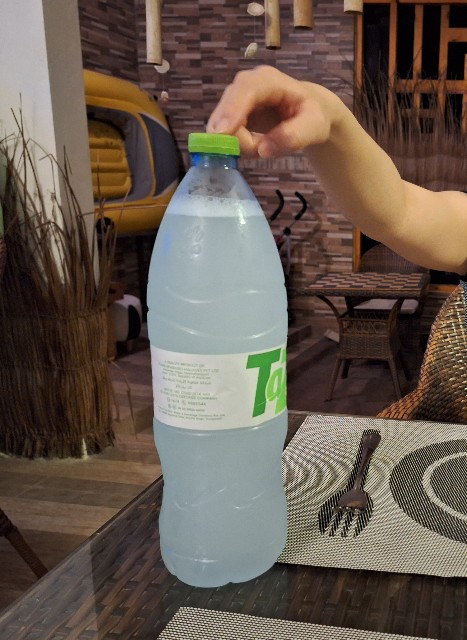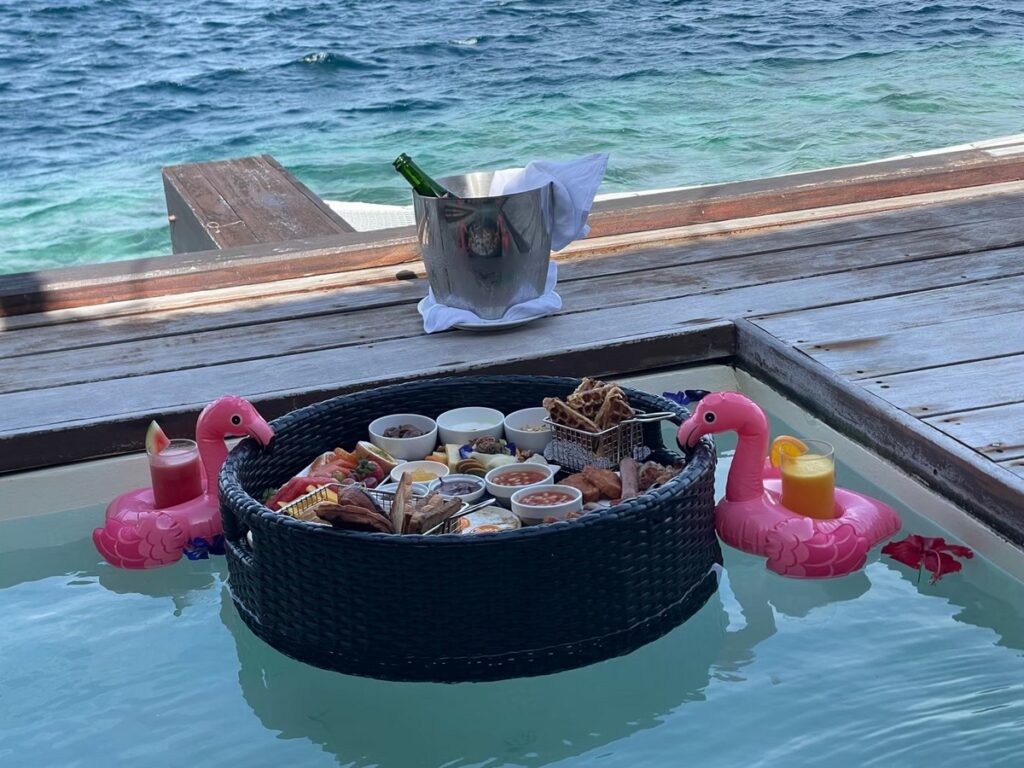
Beyond the luxury resorts, the Maldives has numerous local islands where traditional life and culture thrive. Here, visitors can experience authentic Maldivian daily life and interact with locals.
Today, we’ll explore the “joali,” a traditional chair unique to local islands, and share the experience of connecting with locals through this cultural icon.
What is a Joali?
A joali is a Maldivian type of chair for relaxing which you’ll find in almost all the islands of the Maldives archipelago. pic.twitter.com/MyGzkHWJQv — Odiapp (@seatransportmv) November 29, 2021
A joali is a traditional Maldivian chair that’s a hybrid between a regular chair and a hammock. Made with a frame of wood or metal poles and woven with rope in a hammock-like pattern, it naturally reclines when you sit in it, forcing you into a relaxation position – you might call it the Maldivian version of a “body-forming comfort chair.”
How are Joalis Made?
Joalis are typically handcrafted by local fathers as DIY projects. They also handle repairs when needed. Somehow, they all seem to know the technique, efficiently creating these chairs during weekends. Some fathers also make hammocks or swings, driven by their desire to bring joy to their children.

In some regions, there are also professional craftsmen who specialize in making joalis, particularly for public spaces.
Can Tourists Use Joalis?
While joalis are found everywhere on local islands, visitors might wonder about the etiquette of using them. Here are some general guidelines based on local customs:
1. Private Property Joalis
Naturally, if a joali is on private property such as someone’s yard, you need to ask permission before using it. Even if a property looks abandoned, it may still be in use, so avoid trespassing.
2. Roadside Joalis
While joalis in public spaces are generally free for anyone to use, those under house eaves are likely handcrafted by local residents.

These roadside joalis often have regular users with unspoken “territories.” Occupying them during peak social hours might draw disapproving looks. It’s best to use them with a humble attitude, recognizing that you’re being allowed to share in this local tradition, and choose quieter times for your enjoyment.
3. Beach and Park Joalis

Joalis in obvious public areas like beaches and parks are usually installed by local authorities and are freely available for use. However, as a visitor, it’s respectful to give priority to local residents, especially during busy times when they’re returning from work.
The Joali Experience
My first impression of sitting in a joali was that the ropes dug into my body a bit uncomfortably! However, as I got used to it and learned the right positions, this sensation faded away completely.

In fact, especially during the cool evening hours, the joali became so comfortable that I often found myself dozing off. I began to understand why locals might be tempted to linger in their joalis, even when they should be working!

Joining the Local Community Through Joalis
While there are etiquette rules to follow, joalis essentially serve as social bridges between people. While relaxing in one, you might find friendly locals striking up conversations with you.
During my visit, while lounging in a roadside joali, a local elder struck up a conversation with me and even gifted me passion fruits from his garden.

While residents of local Maldivian islands, who follow Islamic traditions, may initially be reserved with tourists, showing respect for and interest in their way of life can help bridge cultural gaps. When visiting local Maldivian islands, try taking a seat in a joali – you might find yourself engaging in wonderful conversations with the locals.
Related Article:


![[Maldives Local Islands] 3 Local Islands You Can Visit Without a Prior Reservation [2025 Edition]](https://en.kosupatravel.com/wp-content/uploads/2025/03/20240629143118.jpg)


